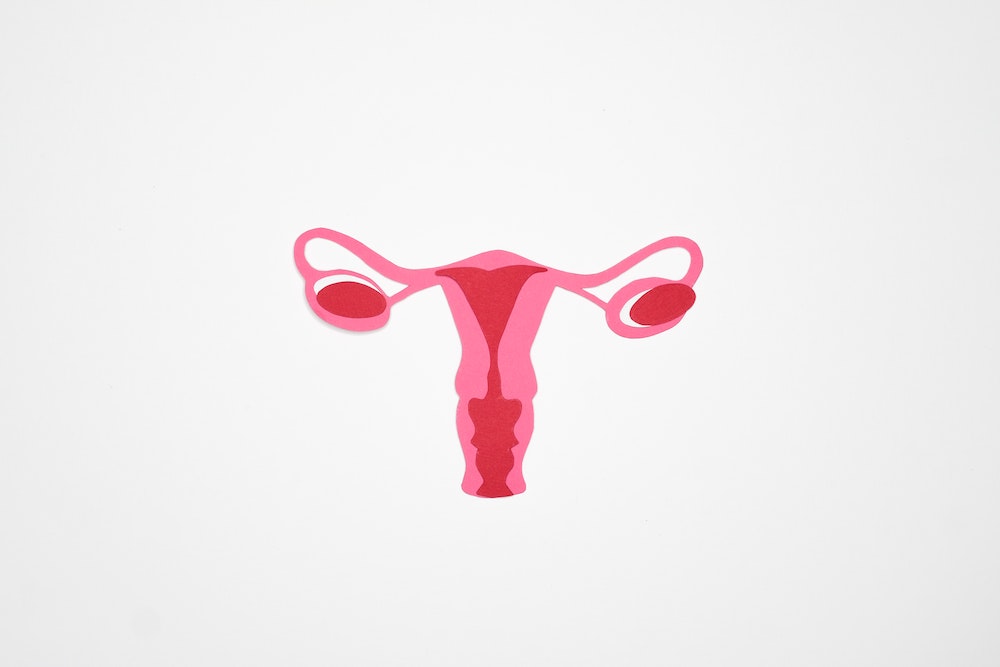
Women’s health biotech company Oviva Therapeutics has announced an in-licensing agreement with Massachusetts General Hospital (MGH) of a family of patents, as well as $11.5M in seed funding, to develop first-in-class therapeutics to improve healthspan, the period of life spent in good health, in women. Oviva Therapeutics addresses the vast unmet need in women’s health by expanding funding, research, and clinical development of treatments addressing female physiology, beginning with a focus on ovarian aging. Oviva is a majority-owned pipeline company of Cambrian Biopharma, a multi-asset longevity biotech company developing therapeutics to first cure diseases and then develop treatments that prevent conditions before they occur.
Oviva is led by Dr. Daisy Robinton, a molecular biologist from Harvard University. She joined Cambrian BioPharma as a Scientist in Residence in 2020 to build the foundation for Oviva. Dr. Robinton identified a gap in the field of longevity with an opportunity to improve women’s health. Her intervention focuses on extending ovarian function, prompted by the fact that ovaries are the first organ to decline with age.
She explains: “Our healthcare system overlooks women’s health at all levels, most notably menopause. Menopause will happen to half the world’s population, triggering a number of negative health conditions – including an increased risk of cardiovascular disease, loss of bone density, immune dysfunction, declines in neurocognitive health, and a host of other maladies. We’re uncovering novel insights into ovarian physiology to develop first-in-class therapeutics that improve ovarian function and prevent aging of the ovary. With this we hope to restore years of health and agency to women all over the world.”
Working alongside Dr. Robinton are co-founders Patricia K. Donahoe, MD, Director of the Pediatric Surgical Research Laboratories and Chief Emerita of Pediatric Surgical Services at MGH, and Tenured Professor of Surgery at Harvard Medical School, and David Pépin, PhD, Associate Molecular Biologist at MGH and Associate Professor at Harvard Medical School. Dr. Donahoe was among those who pioneered the earliest research on Anti-Müllerian Hormone (AMH), a hormone responsible for sexual differentiation in the male, and along with Dr. Pépin defined the function of the AMH gene in the ovary. Most other natural hormones studied for as long as AMH have found clinical applications. The patents that Oviva has licensed were developed at MGH by Drs. Donahoe and Pepin and include analogs of AMH, which Oviva aims to develop for therapeutic use in women.
“There could not be a better time to take AMH from pre-clinical studies to the clinic for testing in women,” said Dr. Donahoe. “Preserving or prolonging ovarian function will have a broad impact on the reproductive health of women at a time when reproductive rights are currently under siege.”
Oviva is developing an agent targeting folliculogenesis, the process wherein follicles within the ovary – each housing a single egg – mature to ultimately ovulate. This process eventually leads to the depletion of most of a woman’s eggs and the subsequent triggering of menopause. “If we can control folliculogenesis by moderating the rate at which immature follicles are recruited for maturation,” said Dr. Robinton “we may be able to influence one of the fundamental causal factors of ovarian aging”. By limiting folliculogenesis, Oviva aims to prevent the depletion of the ovarian reserve and in doing so extending ovarian function and female healthspan.



